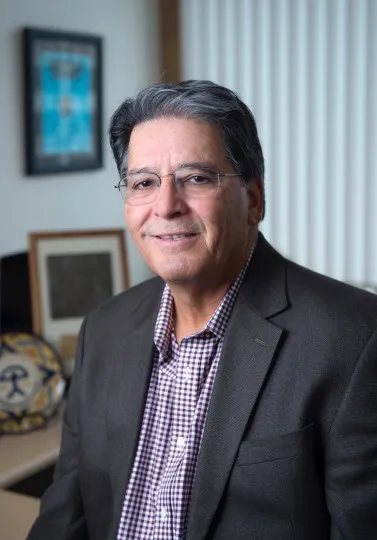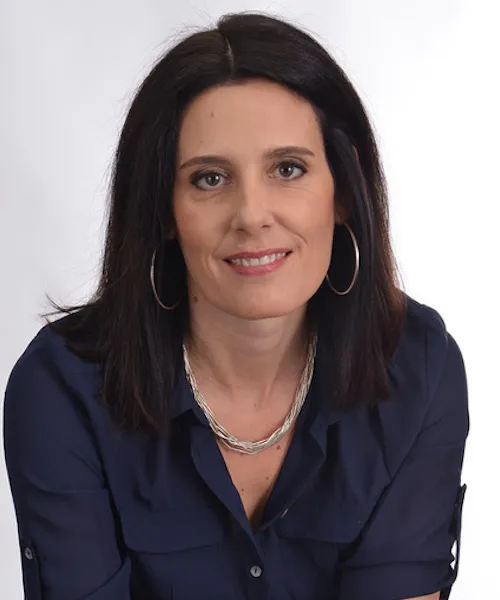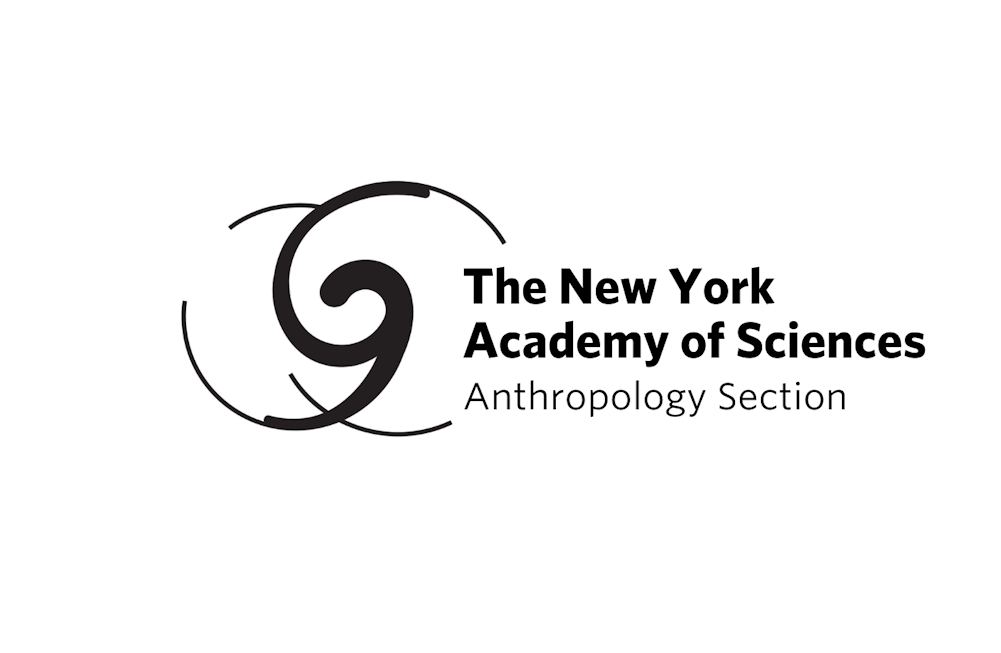Summary
April 8, 2024 | 6:00 PM – 8:30 PM ET
The U.S.-Mexico Border as Political Theater
Contemporary political rhetoric on immigration frequently uses metaphors of war: “crisis,” “invasions,” “enemies,” “under siege,” and “surveillance.” As metaphors, they may draw our attention to “something happening” in our world, but they can also be misleading, altering our perceptions and distorting our understanding of events. Metaphors of war can thus lead to questionable actions, such as those currently taking place at the U.S.-Mexico border.
In this talk I walk back contemporary political discourse to provide some historical context for the border as a source of political theater, which has consistently used photo ops and media spectacles to create a sense of “crisis.” For over fifty years now, according to political rhetoric, we have been in a near constant state of immigrant “invasions” and border “crisis.” The southern border is where the “battle” takes place in a “war on illegal immigration.” Over the last few decades, the U.S.-Mexico border has been likened to a “war zone,” with increasing levels of militarization and with, at various times, the National Guard and military personnel conducting surveillance, as well as David Duke’s “Klan Border Watch” in 1977 to the Minutemen and other militias “guarding” the border since the 1990s. More recently, the border has served as the backdrop for media spectacles, photo ops, and the politics of a border/immigration in “crisis” for many politicians, including Texas Governor Greg Abbott, Florida Governor Ron DeSantis, Vice President Kamala Harris, and President Biden.
As spectacles of surveillance, photo ops, walls made of shipping containers, giant buoys, barbed wire, and buses loaded with migrants, are public performances to sway public opinion on a “crisis” that has been part of public discourse for decades. Long after any particular politician’s political life waxes and wanes, these images will remain an indelible part of our nation’s history. Migrants were the subjects in these spectacles. They were used to generate media attention in a political struggle over immigration policy, while at the same time masking the humanitarian crisis at the border. If there is an “immigration crisis,” is not decades of Congressional inaction on immigration reform and political infighting partly to blame? Lacking from border spectacles are agreements about solutions, such as finding ways for millions of undocumented immigrants to regularize their status, preparing for the demographic realities that create a demand for immigrant labor, and providing a rational and humane asylum process. Rather, the theatrics of a border in “crisis” and immigrant “invasions” maintain the status quo, which is very productive and useful for some politicians.
Please join Academy President, Nicholas Dirks, together with invited speakers and board members of the Anthropology Section of The New York Academy of Sciences, for a discussion about the interfaces between anthropology, science, and society. Historically at the heart of The Academy, prominent anthropologists from Franz Boas to Ruth Benedict and Margaret Mead, established both the core of American anthropology as a discipline and were early and pivotal leaders in The New York Academy of Sciences. Today, the Anthropology Section continues this tradition of engaged public scholarship, hosting an annual Distinguished Lecture Series as well as workshops and other events to bring New York and tri-state area anthropologists into regular, sustained conversations about social and cultural research and contemporary issues. We welcome your participation in this conversation, and your engagement with the Anthropology Section. All voices are welcome!
About the Series
Since 1877, the Anthropology Section of The New York Academy of Sciences has served as a meeting place for scholars in the Greater New York area. The section strives to be a progressive voice within the anthropological community and to contribute innovative perspectives on the human condition nationally and internationally. Learn more and view other events in the Anthropology Section series.
Speakers
Speaker

Discussant

Professor Leo R. Chavez
Author, Covering Immigration: Popular Images and the Politics of the Nation & Shadowed Lives: Undocumented Immigrants in American Society
Professor Alyshia Gálvez
CUNY’s Lehman College (Department of Latino and Puerto Rican Studies Department) and the Graduate Center (Department of Anthropology)
Registration
Registration has closed.
